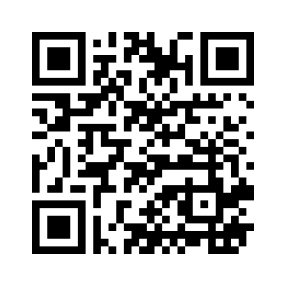Dreams and meditation share a deep connection, each serving as a pathway to exploring the subconscious mind. This article delves into how meditation influences dreaming and the potential for dreams to enhance meditation practices, offering insights into their synergistic benefits for personal growth and understanding.
The Dynamics of Dreams in Meditation
Meditation can profoundly influence the nature and clarity of dreams, serving as a tool to access deeper psychological states. The practice of meditation enhances one’s ability to recall dreams and often makes them more vivid and meaningful.
Enhancing Dream Recall
Regular meditation is associated with improved memory and increased awareness, which in turn enhances the ability to recall dreams. This heightened recall capability allows individuals to remember their dreams in greater detail, which can be crucial for personal insight and psychological analysis.
Lucid Dreaming and Meditative States
Meditation techniques have been shown to encourage lucid dreaming, where the dreamer gains awareness that they are dreaming and can sometimes control the dream’s content. This awareness can lead to transformative experiences within the dream, providing a unique environment for personal exploration and subconscious dialogue.
Therapeutic Implications of Dreaming in Meditation
The dreams experienced during meditation can be rich with symbolism and insights, acting as reflections of our innermost thoughts, fears, and aspirations.
Psychological Healing Through Dreams
Dreams can act as a mirror, reflecting our subconscious mind. They often bring to the surface unresolved issues and help integrate them into our conscious awareness, facilitating emotional healing and psychological resilience.
Symbolic Interpretation of Dreams
Interpreting the symbols and narratives found in dreams can provide critical insights into personal psychological states. The imagery and scenarios played out in dreams often relate directly to life events, personal relationships, or inner conflicts, offering a unique perspective on our mental and emotional health.
Integrating Dreams into Meditation Practices
Incorporating dream work into meditation practice can deepen the understanding of oneself and enhance the meditative experience. This integration helps in harnessing the full therapeutic potential of both practices.
Techniques for Combining Dreams and Meditation
Methods such as dream journaling can be particularly effective when combined with meditation. Keeping a detailed journal helps individuals process and analyze the content of their dreams. Reflecting on these insights during meditation can lead to deeper understanding and self-awareness.
Professional Guidance in Dream Analysis
For those who experience vivid or disruptive dreams, consulting with a therapist who specializes in dream analysis and meditation can be beneficial. Professional interpretation can help decipher complex dream symbols and address the emotional responses they elicit.
Cultural and Historical Context
Throughout history, many cultures have recognized the link between dreams and meditation. Various spiritual traditions view dreams as messages from the divine or as tools for spiritual guidance. Understanding these cultural perspectives can enrich our appreciation of dreams and meditation as interconnected practices.
The relationship between dreams and meditation is a fertile area for exploration, offering extensive benefits for psychological and emotional well-being. By engaging with both practices, individuals can unlock new levels of insight and personal growth, making significant strides in their journey toward holistic health.
This exploration of dreams and meditation not only sheds light on their individual benefits but also on how they can be integrated to support mental health, enhance self-discovery, and promote spiritual well-being.






